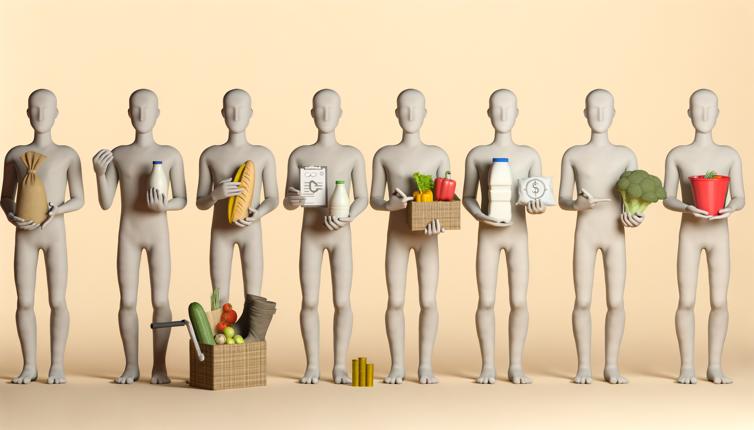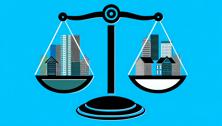The Role of Choices in Markets
In a market economy, choices made by consumers and businesses drive the supply and demand for goods and services. When consumers have more choices, they are able to find products that best fit their preferences and needs. This leads to competition among businesses to offer the best products at the most competitive prices.,On the supply side, businesses make decisions about what products to produce based on consumer demand and market conditions. They must analyze various factors such as production costs, market trends, and consumer preferences to make informed choices. These choices can have significant impacts on the success or failure of a business.,In addition to individual choices, market conditions, such as monopolies or oligopolies, can also influence the choices available to consumers and businesses. For example, in a monopoly, a single company has control over the market and can limit consumer choices. This can result in higher prices and lower quality products.,Overall, the choices made by consumers and businesses in market economies drive the supply and demand dynamics, ultimately shaping the overall market conditions.
Choices and Business Strategies
For businesses, making the right choices is crucial for success. They must decide on various aspects of their operations, including pricing, production, marketing, and resource allocation. These choices require careful analysis and consideration of market conditions, consumer preferences, and competition.,One important choice that businesses make is pricing. They must determine the optimal price point that balances profitability with consumer demand. Price too high, and consumers may choose a cheaper alternative. Price too low, and the business may not cover its costs and make a profit.,Another choice businesses make is deciding which market segments to target. They must analyze consumer preferences and demographics to identify the most profitable segments. This can include factors such as age, income level, geographic location, and lifestyle.,Furthermore, businesses must also make choices regarding their production processes and supply chains. They must decide whether to outsource certain tasks, use automated technologies, or invest in sustainable practices. These choices can impact costs, efficiency, and the overall image of the business.,In summary, the choices businesses make in various aspects of their operations can significantly impact their competitiveness, profitability, and long-term sustainability.
The Societal Impact of Choices
Beyond markets and businesses, choices also have a profound impact on society as a whole. Governments make choices through policies and regulations that can influence the behavior of individuals and businesses.,For example, governments may impose taxes on certain goods or implement regulations to protect consumer rights. These choices can impact market dynamics, consumer choices, and business practices. They can also have broader social and environmental impacts.,Choices made by individuals also shape society. They may choose to participate in volunteer work, engage in political activities, or support certain causes. These choices contribute to the social fabric and collective well-being.,Moreover, societal choices also manifest through collective decision-making processes, such as voting on public issues or participating in community initiatives. These choices can shape the direction and priorities of society as a whole.,In conclusion, choices have far-reaching impacts on markets, businesses, and society. Understanding the economics of choice is crucial for making informed decisions and shaping a better future.
Conclusion
The economics of choice is a complex and fascinating field that investigates how choices impact markets, businesses, and society. From individual consumer decisions to strategic choices made by businesses and governments, the choices we make have profound effects. By understanding the economic principles underlying these choices, we can make more informed decisions and contribute to the overall well-being of society.









